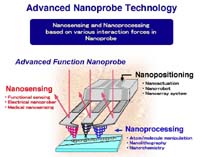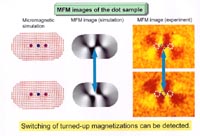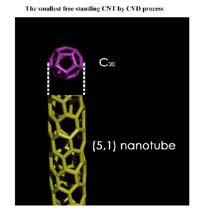Nanocarbons including fullerene, carbon nanotubes and nanoporous carbons have acted as a vanguard among nanomaterials with a high potential of applications in various fields of nanotechnology, due to their extraordinary chemical and physical and electronic properties. These properties are basically due to the diverse bonding nature of the carbon atom itself. In this sense, nanocarbons can be defined as functional carbon materials, mainly composed of carbon atoms, with a controlled and designed structure, tailored at the nanometer level. Nanocarbon studies in the present committee will focus on (a) how to exploit the inherent advantages of nanocarbon materials derived from the extraordinary ability of carbon to combine with itself and with other elements at the atomic level, and (b) how to establish advanced nano-fabrication techniques in order to utilize novel nanocarbon functions, from an application viewpoint.
|
|
 RESEARCH COMMITTEES
RESEARCH COMMITTEES



